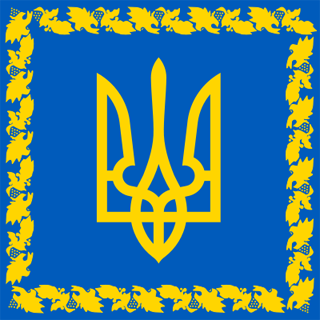A total of 25 architectural monuments in the historic centre of Odesa, which is under UNESCO protection, were damaged by Russian occupation forces on the night of 22-23 July.
I think that if I were in the middle of fighting a war in which the constraining factor is most-likely to be munitions, I probably wouldn’t be expending what of the limited supply of long-range precision strike munitions I do have available on monuments and museums.
I’m gonna give pretty good odds that, elements of cultural identity or no, dropping a bomb on a monument isn’t going to cause the Ukrainian public to go “well, that’s it, guess I must be Russian”. Maybe it’s possible to erase an identity, but it isn’t gonna happen with cruise missiles.
It’s large-scale bureaucratic stupidity in action. Generals receive Pootin’s orders to strike Odessan military which conducted the Kerch bridge strike. Generals relay this order to colonels. But the colonels have only old Soviet imprecise missiles with a possible error of 300 meters. So they conduct such quite a random strike, hitting a lot of historical buildings in the process. And then they save their asses by reporting upwards that their “high precision” missiles have hit valuable targets, and any errors are due to Ukrainian air defence. Ruscist propaganda also paints a false picture. So Russians delve deeper and deeper into their imperialist delusion.
UNESO has an army?
No, UNESCO is a convention that countries voluntarily sign up to, and the onus on protecting heritage sites generally falls to the host country. Obviously, when an invading country attacks sites like this, there’s little UNESCO, or anyone else, can do. Destruction of cultural sites, that have no military value, is terrorism, and, arguably, part of a broader goal of genocide.





